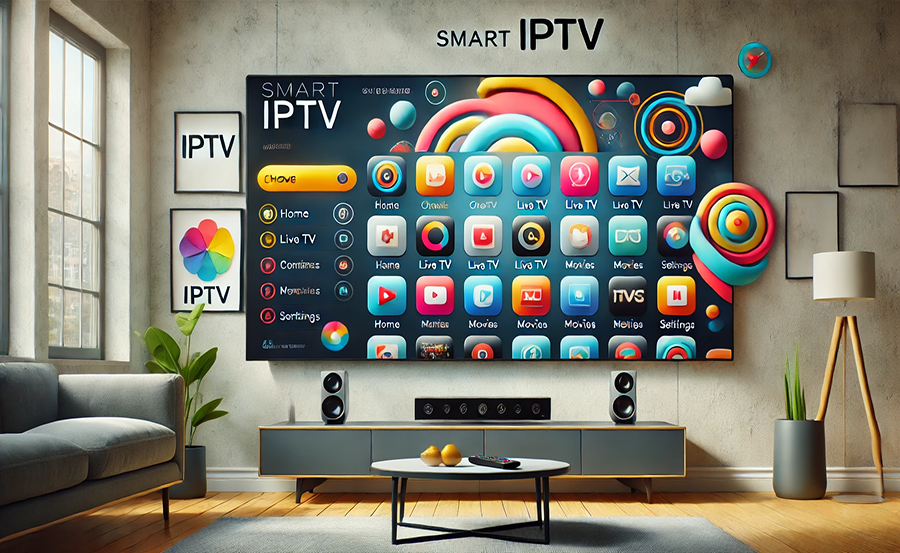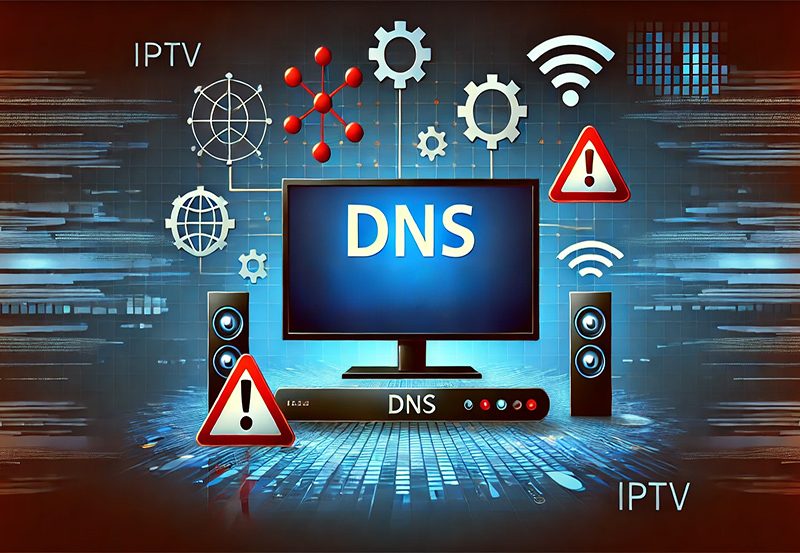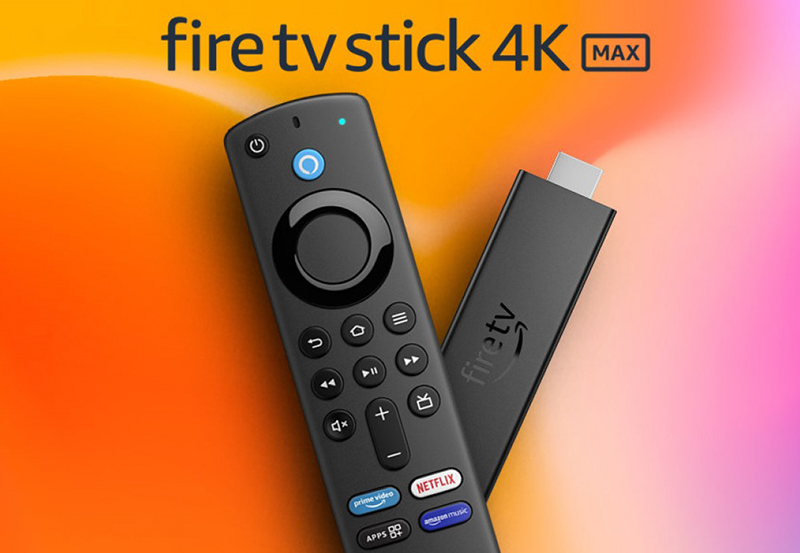In the rapidly evolving world of digital entertainment, viewers are constantly on the lookout for more flexible, cost-effective ways to access their favorite shows, movies, and sports events. With the rise of Smart IPTV (SIPTV) applications, many are wondering if these platforms can truly supplant traditional streaming services. This article explores the potential of SIPTV apps, emphasizing the unique advantages of IPTV Sports — widely regarded as the best IPTV subscription in the world.
The Rise of SIPTV: A New Era of Entertainment
The shift in media consumption patterns has ushered in a new era, characterized by the increasing popularity of SIPTV apps. But what exactly is SIPTV, and how does it fit into the landscape of digital entertainment? As traditional cable networks become less appealing, viewers are exploring alternatives that offer a more personalized experience.
SIPTV stands at the forefront of this transformation, with its impressive catalog spanning live television, on-demand content, and even exclusive IPTV Sports. But before making the switch, users need to understand what makes SIPTV appealing. After all, price is just one part of the equation when evaluating whether to replace your existing services.
Pro Tip:
Experience the future of TV with 3 Months FalconTV Subscription your gateway to unlimited entertainment.
Understanding SIPTV and Its Core Capabilities
SIPTV, or Smart Internet Protocol Television, is a platform that streams television content via the internet. Unlike traditional satellite or cable services, SIPTV offers greater flexibility in accessing content on-demand. Moreover, it is generally compatible with a wide range of devices, further enhancing its appeal.
These applications typically offer extensive channel lists that cater to diverse interests, with ample options for those who love sports, drama, documentaries, and more. However, consumers should weigh these offerings against their current subscriptions to determine the true value SIPTV brings to the table.
A Closer Look at IPTV Sports: The Ultimate Streaming Solution for Fans
For sports enthusiasts, IPTV Sports redefines what it means to have a dedicated sports streaming service. As a top-tier IPTV subscription, IPTV Sports provides access to various sports channels worldwide, covering everything from football to more niche competitions. This breadth of content is particularly compelling for those who wish to stay updated on global sports without multiple subscriptions.
IPTVSports stands out for its consistency and reliability, attributes that make it a viable choice for replacing or supplementing existing TV services. The question, of course, remains: is it the right fit for you?
Evaluating the Benefits of IPTV Sports
To truly assess IPTV Sports potential, we need to consider several factors. The value proposition includes not just cost savings but improved access to content and superior viewing experiences. Let’s delve into some key aspects:
- Variety of Channels: Access a diverse range of international sports channels.
- Cost Efficiency: Often cheaper than traditional sports packages yet offering more value.
- Device Compatibility: Seamlessly integrate with smart devices and TVs, enhancing home entertainment setups.
Comparing SIPTV to Traditional Streaming Services
Choosing between SIPTV and conventional streaming platforms involves weighing several factors, from affordability to content availability and user experience. Each option has its unique advantages, but how does SIPTV stack up when it’s pitted against more familiar services?
Budget-Conscious Choices: Is SIPTV the Economical Option?
One of the biggest considerations for anyone looking to switch platforms is cost. With IPTV Sports marketed as ‘cheap IPTV for sports’, users can find themselves saving a substantial amount each month compared to higher-end streaming services. Yet, modest pricing should not come at the cost of quality, and herein lies SIPTV’s advantage.
These applications tend to offer packages tailored to preferences, enabling users to pay only for what they watch rather than funding a plethora of unused channels. This customization can prove essential for those keen on optimizing their monthly budget.
User Experience: Seamlessness Meets Functionality
In an age where digital interfaces can make or break user satisfaction, SIPTV providers place heavy emphasis on delivering user-friendly interfaces. Navigation is intuitive, and the process to log in, browse, and stream is integrated for minimal hassle.
For sports fans, seamless playback with uninterrupted streams is non-negotiable. IPTV Sports is engineered to offer high consistency in this regard, making buffering during pivotal game moments a relic of the past.
Customization and Accessibility
Another hallmark of SIPTV is its remarkable degree of customization. Users can curate favorite channels, set notifications for upcoming events, and even integrate streaming with voice-assisted technology. Additionally, with mobile apps complementing the broader service, sports enthusiasts are no longer tethered to their living rooms.
Challenges and Considerations
While the prospects of SIPTV are undoubtedly alluring, users must be aware of potential pitfalls. Issues such as regional restrictions, internet speed requirements, and contractual nuances can affect the user experience. Delving into these can better prepare users for a potential transition from traditional platforms.
Internet Dependence: A Double-Edged Sword
SIPTV demands a reliable internet connection. While this offers flexibility in streaming from virtually anywhere, those in regions with inconsistent service or frequent outages might find this becomes a limitation rather than a liberating feature. Evaluating your internet subscription and capacity is a necessary first step before any switch.
Moreover, streaming quality greatly depends on bandwidth, and thus the potential necessity to upgrade internet plans could incur additional costs—something to factor in when budgeting.
Understanding the Legal Landscape
The legality of IPTV remains a contentious issue in various jurisdictions, and understanding the regulatory environment is crucial before fully committing to the service. While some IPTV offerings operate within legal boundaries, others might not. This distinction can impact user choice.
Additionally, navigating rights management and understanding content availability from region to region can be complex, yet it’s essential for ensuring a smooth viewing experience.
SIPTV as Part of a Broader Streaming Strategy
For some, replacing conventional services entirely with SIPTV may not be feasible due to content exclusivity or personal preferences shifting over time. SIPTV can, however, serve as a complementary tool, filling in content gaps left by other services thereby enhancing the diversity of overall streaming options.
The Future Ahead: What’s Next for SIPTV?
The tech-driven metamorphosis of television and broadcasting continues unabated, with SIPTV expected to play an increasingly significant role. Innovations in technology and expanded service offerings are bound to redefine the landscape further, improving user experience while increasing affordability.
As interoperability and content availability continue to develop, SIPTV applications like IPTV Sports may soon become the primary solution for viewers worldwide, catering to the ever-growing demand for flexibility and customization in streaming.
Staying Ahead of Trends
Informed consumers continually adapt to emerging technologies, and staying abreast of trends can offer significant benefits. IPTV platforms are frequently pioneering new methods for content delivery, enhancing convenience while maintaining high standards in output quality. As these trends evolve, so too will the infrastructure supporting SIPTV apps.
Personalization and Precision
One of the areas where SIPTV excels is in personalizing viewing experiences. Grasping user preferences through sophisticated algorithms, providers are better positioned to tailor content recommendations and optimize service offerings. Coupled with machine learning insights, this level of customization is set to enhance user engagement significantly.
Conclusion: Will SIPTV Be Worth the Transition?
While the question of whether SIPTV should replace your current services depends on unique circumstances, it is irrefutable that powerful offerings like IPTV Sports provide an enticing alternative for consumers craving higher value for their investment. Ultimately, the decision rests on individual priorities, yet SIPTV remains a worthy contender in the dynamic marketplace of today.
FAQ Section

How does SIPTV differ from other streaming services?
SIPTV differs mainly in its delivery method—streaming directly over an internet connection as opposed to using satellite or cable. It often offers more flexibility in channel selection, with personalized subscription options geared towards varied consumer interests, particularly excelling with sports content.
Is IPTV Sports legal to use?
IPTV Sports functions within the legal framework where it operates, offering sublicensed content akin to regular broadcasters but via internet delivery. However, potential subscribers should verify with local regulations, as legality can vary widely between jurisdictions.
What makes IPTV Sports a better choice for sports fans?
Offering an expansive array of sports channels worldwide, IPTV Sports provides comprehensive coverage without the prohibitive costs often associated with traditional sports packages. It also ensures high-quality streaming so sports fans don’t miss critical, high-octane moments in their favorite games.
Can I access SIPTV on any device?
Most SIPTV applications, including IPTV Sports, support a wide range of devices such as smart TVs, smartphones, tablets, and PCs. This flexibility makes them an attractive option for households looking to integrate services across multiple platforms and viewing settings.
Is my internet speed sufficient for SIPTV?
While SIPTV requires a reliable internet connection, the exact speed necessary for optimal streaming can vary depending on factors such as resolution quality and concurrent device usage. Generally, an internet speed of at least 10 Mbps is recommended for HD content, with higher speeds enhancing performance further.
What happens if I encounter regional restrictions?
Regional restrictions can be a factor in accessing certain IPTV content. Users may need to consider VPN services to navigate these barriers, although this approach should comply with all legal requirements in your region to avoid potential issues.
Troubleshooting IPTV: The Beginner’s Guide




